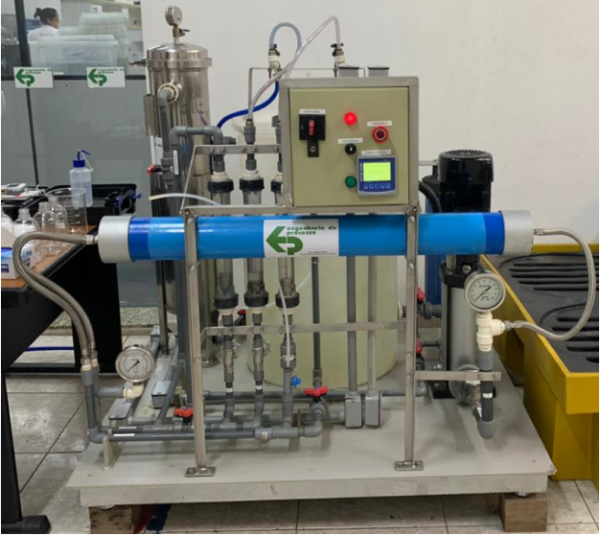
Pilot plants are facilities used to test and develop new industrial processes before they are implemented on a commercial scale. They are usually smaller than full production facilities and allow scientists and engineers to test and fine-tune processes before investing in full-scale production equipment and facilities.
EP is a water and effluent treatment company that plays a fundamental role in preserving the environment and in finding solutions for managing your business. It has been working with great dedication and multiplying results for over 50 years.

Pilot plants can vary widely depending on the industrial process they are testing, but some of the common processes include:
Before starting operations, the pilot plant must be designed and built to simulate the process on a commercial scale.
Once built, the pilot plant is used to test and optimize industrial processes. This can include performance, stability and security tests.
The data generated during the tests is analyzed to assess the efficiency of the process and identify problems or opportunities for improvement.
Based on the information obtained, the pilot plant is continuously improved to achieve the desired performance objectives.
Once the process is optimized on a pilot scale, it is scaled up for large-scale production.
Pilot plants are also used to train operational staff prior to commercial-scale operation.
Used to test and develop new processes and equipment before they are implemented on an industrial scale. Some of the benefits of pilot plants include:
It allows testing the technical and economic viability of a new process or equipment before investing in an industrial-scale installation.
Enables the development and optimization of processes to ensure they function efficiently and securely when implemented at scale.
Allows the collection of valuable data and information for the development of future processes.
It allows training employees and preparing them to operate equipment and processes on an industrial scale.
Widely used in various industries, including:
These are just a few of the many applications of pilot plants, and they are used in a variety of other industries as well.